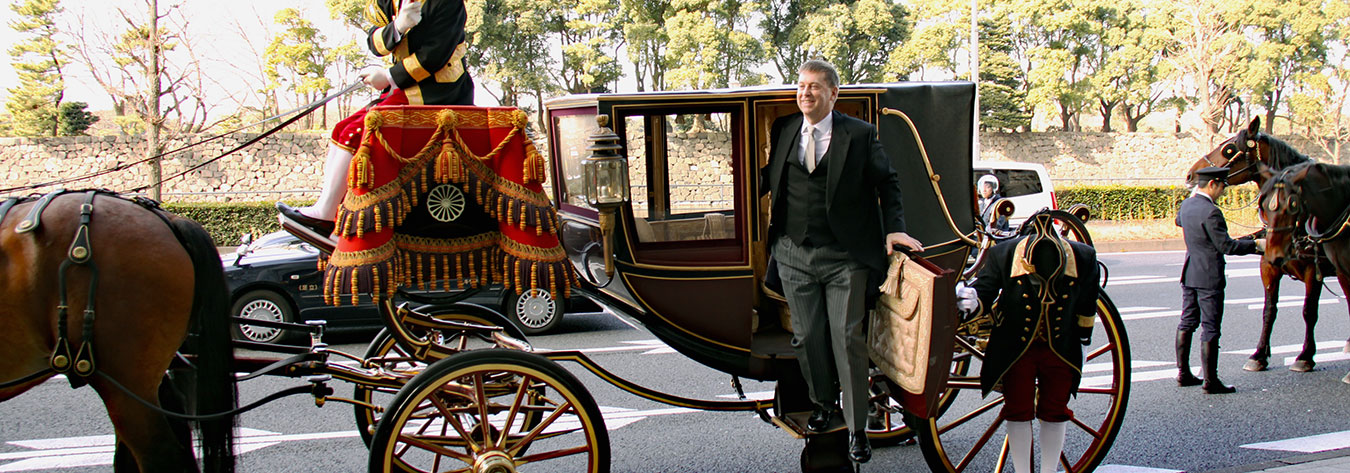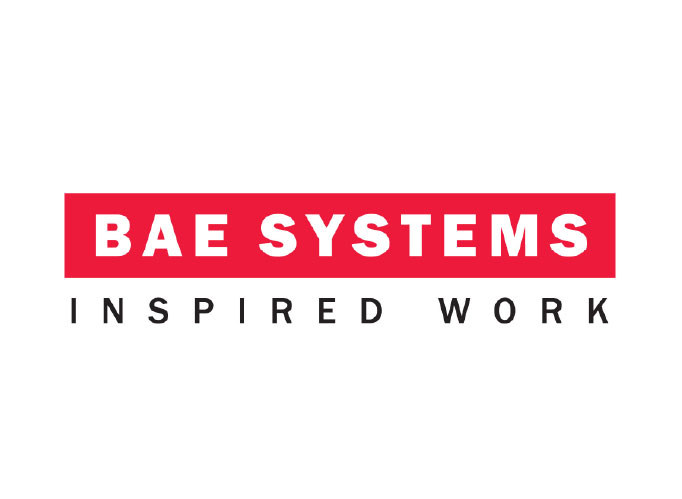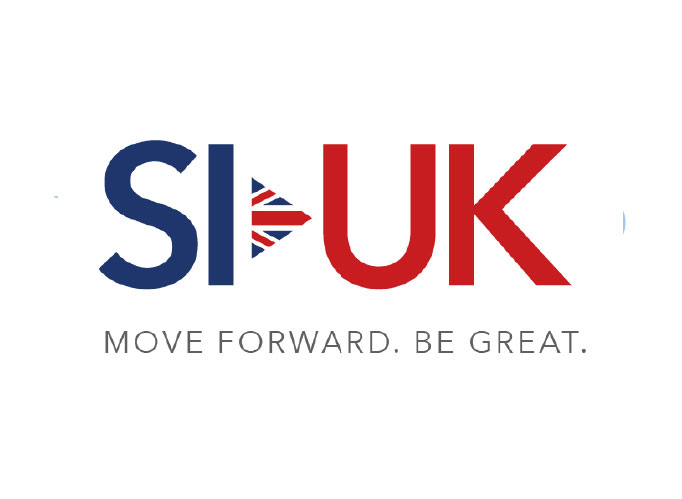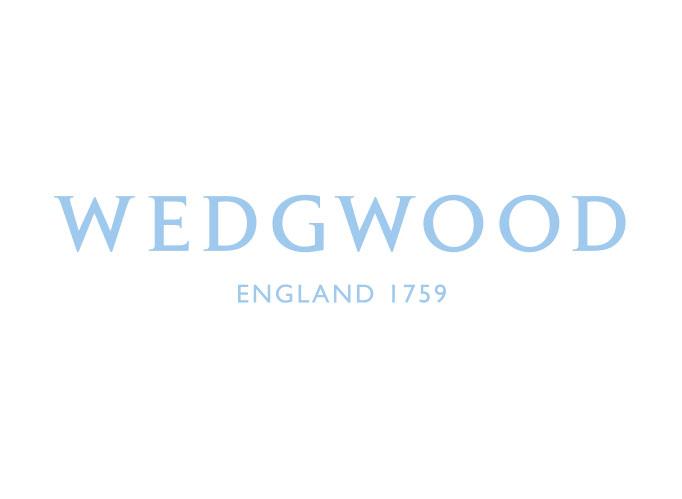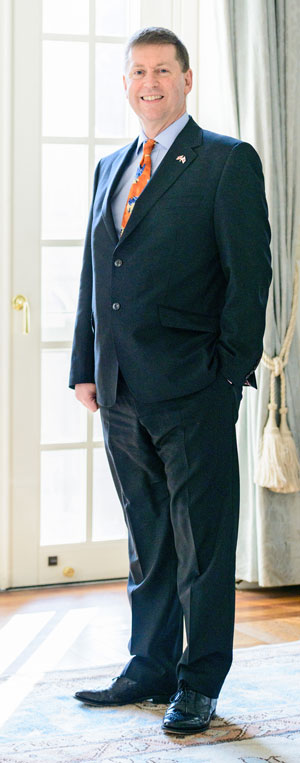
Paul Madden CMG FRGS, the UK ambassador to Japan
A career diplomat, Madden has served at several embassies and high commissions and also performed roles at the Foreign and Commonwealth Office (FCO), UK Trade & Investment (now Department for International Trade) and the UK Department of Trade and Industry, where he began his career.
No stranger to Japan, Madden first visited the country in 1982 as part of a study tour, studied Japanese at the School of Oriental and African Studies, University of London during 1986–87, and was posted to Tokyo from 1988 to 1992.
In this exclusive interview with BCCJ ACUMEN, Madden discusses his past experience with Japan, his diplomatic career and important aspects of the UK–Japan relationship.
Please tell us about your career and personal interests.
I have been a career diplomat for over 25 years, following a few years in the Department of Trade and Industry, and studying for an economic geography degree from the University of Cambridge.
I am particularly delighted to be coming back to Tokyo as Ambassador, because Japan was my first posting, from 1988 to ’92. I have very fond memories of a fascinating period during the bubble economy, kokusaika (internationalisation), boeki masatsu (trade friction) and the start of the Heisei era. Most of my postings have been in Asia–Pacific, where I served most recently as high commissioner to Australia, and before that to Singapore. I also worked at our embassy in Washington.
I have worked closely with business in various roles, including two years as a managing director at UK Trade & Investment, working on developing trade strategies and leading trade missions to places such as China and India.
In my personal life, I am married to Sarah and have three grown up children. The eldest was born in Japan, and they all look forward to coming here for visits. I love travel, which I suppose is just as well given my job. And I enjoy writing: I wrote a book analysing Stamford Raffles’ business leadership skills, and have had a play performed in Sydney.
Why do you believe you were offered the job as UK ambassador to Japan?
I think I was successful in the competition because of my past posting in Japan, when I learned to speak Japanese, and my wider experience of Asia–Pacific and working with business.
What are your main achievements in past roles?
A diplomat’s life is very varied, and most of what you achieve is very much a team effort. I was particularly pleased that at the 2005 World Expo in Aichi Prefecture, the UK pavilion, for which I had lead responsibility, won a prize. In Australia, we chose to focus the FCO’s Chevening Scholarship programme on indigenous young people during my time there and saw the first ever aboriginal students studying at both Oxford and Cambridge universities. Helping survivors and bereaved families after the 2002 Bali bombing was one of the most challenging things I’ve ever had to do, but very rewarding. I cannot praise highly enough my consular colleagues around the world who deal with such tragedies on a regular basis.
How would you like the British Chamber of Commerce in Japan (BCCJ) to help you succeed here?
I look forward to renewing my relationship with the [British Chamber of Commerce in Japan]—I used to sit on its board as an embassy representative back in the 1980s. I have worked closely with sister chambers in my recent postings. The BCCJ provides valuable opportunities for networking, professional development and support for small and medium-sized enterprises looking to enter the Japanese market. I also hope to see it developing its ability to analyse and make policy recommendations to support possible future bilateral trade agreements with Japan, following our departure from the European Union (EU).
What advice did your predecessor Tim Hitchens CMG LVO offer you about the job and Japan?
Not to reveal publicly the private advice given you by your predecessor. Seriously, Tim is an outstanding colleague and has been a friend for nearly 30 years. He has done a great job here, and I’m honoured to be following in his footsteps.
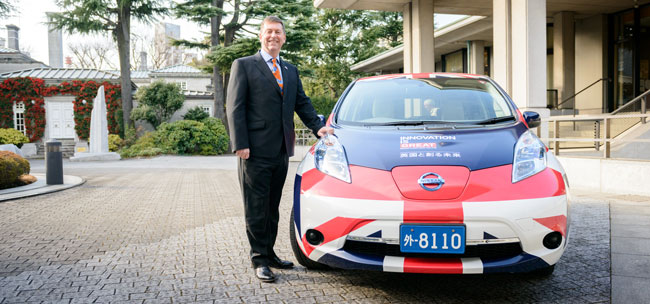
Ambassador Madden poses with a Nissan Leaf made in the UK.
What is the latest on any post-Brexit UK–Japan trade deal?
You will have seen Prime Minister Theresa May’s speech on 17 January setting out the UK’s 12 negotiating objectives in leaving the EU, and aiming to give as much certainty as possible. The prime minister emphasised that the UK will remain an outward-looking country, a country that welcomes global talent and investment to Britain and a country that will play its full part in the world contributing to global security, peace and prosperity. She made it clear that we want to agree a bold and ambitious free trade agreement with the EU, which gives the closest possible access to the single market. And that whilst we do not want to be part of the Common Commercial Policy, or to be bound by the Common External Tariff, we want to ensure that cross-border trade is as frictionless as possible.
I intend to continue to maintain close contact with the Japanese government on these issues and to listen to the views of Japanese investors who play a very important role in the British economy, as well as UK companies exporting to Japan. I’m confident that Britain will remain a great place in which Japanese companies can invest.
How do you see the UK–Japan security partnership evolving?
The government’s 2015 Strategic Defence and Security Review named Japan as our closest security partner in Asia. The joint exercises between the Royal Air Force Typhoons and the Japanese Self-Defense Forces last November was a big success. We were the first country, other than the United States, to do this on Japanese territory.
There are also increasing opportunities for collaboration in defence and security procurement, including new areas like cyber security. We welcome the Japanese government’s aspiration to play a larger role in international affairs and think it can make an important contribution to global peace and security.
What industries will you be targeting to improve UK exports to Japan and Japanese investment in the UK?
Guided by business itself, our strategic priorities for UK exports where we can add value are life sciences, food and drink, the digital economy, nuclear, defence, aerospace and, of course, opportunities related to sporting events—the Tokyo 2020 Olympic and Paralympic Games and the 2019 Rugby World Cup—alongside more opportunistic areas, such as fashion and fintech.
And as for Japanese investment into the UK, they cover a wide range of sectors, but in particular automotive and advanced manufacturing, life sciences, digital economy, and food and drink. We have had some notable recent successes with Nissan confirming investment in Sunderland, and Softbank’s commitment to grow ARM Holdings following its acquisition.
Will you use social media to convey the UK’s messages and values in Japan?
I used to head the FCO’s public diplomacy department and was responsible for many aspects of communication, including the financial support that we provided for the BBC World Service and the British Council. And my MBA thesis was on “The UK as a brand”. I recognise the important role that social media can play as part of a wider marketing and communications strategy. So, yes, I’ll be tweeting and blogging to highlight the work of the embassy.
Any special message for British expats here and Japanese anglophiles?
I hope that many Brits living here will, like me and my team, be proud to speak up for the UK and its values, and our role in the world. And to cheer for our teams at the Rugby World Cup, Olympics and Paralympics. Japan shares many of our values, and that is why we find so many anglophiles in this country. I hope that even more of them will come to study, work and holiday in the UK.
Most British expats living in safe, well-organised, welcoming Japan will not experience any difficulties during their time here. But when individuals do experience specific problems, or natural disasters strike, we aim to be there to help.
BCCJ event
On 27 January at the Shangri-La Hotel in Tokyo’s Marunouchi district, many BCCJ members had their first chance to meet Ambassador Paul Madden at a chamber lunch event introducing him.
Addressing a wide variety of topics—ranging from important business sectors to growing defence ties—and peppering his speech and the following Q&A with personal anecdotes from his time in Japan and as a diplomat, Madden reaffirmed the core areas of the UK–Japan relationship, as well as setting out the hopes of the UK government, given that today, the ties between the countries are more crucial than ever.
“Against [an uncertain] background, countries like Britain and Japan are increasingly important to each other. And I’m pleased to see that our relationship has gone from strength to strength. We are like-minded nations that share many values: the rule of law, democracy, human rights and free trade”, he said.
Madden also made clear that business is top of the agenda.
“Our relationship with Japan has lots of different facets. But business is clearly my top priority”.
Business ties
“The most important pillar of that [business] relationship is undoubtedly the £40bn of investment that Japanese companies have made in the British economy over the last few decades—our second biggest non-European investor. Before coming here I had the chance to visit a number of those investors, like the Nissan car plant, Eisai Pharmaceuticals and Nomura in the City. I was able to see for myself what a success this relationship has been for both sides. I also met representatives of the Trades Union Congress, who told me what great employers Japanese companies in the UK were for the 140,000 workers they employ.
“All the Japanese companies said to me that they were pleased with the efforts that the British government had made to reach out to them, to understand their detailed concerns. As you know, we had a large number of ministers coming out to Japan in the second half of last year to reassure business here”.
Post-Brexit
“During the course of the detailed negotiations, people won’t be able to know everything all of the time. But we have committed to providing business, including Japanese business, with as much certainty as possible throughout the process. And I am confident that Britain will continue to be a great place for Japanese companies to invest.
“[The work of the Prosperity and Trade & Investment teams] will grow even more important as the UK starts to initiate new free trade agreement negotiations with third countries, once we leave the EU. I think Japan will potentially be a priority country for such agreements. So I know that [the Prosperity Team] will be looking to business, both here and in the UK, for advice on what our detailed priorities should be. And that’s an invitation to all of you. Of course in the meantime, we continue to be one of the leading voices within the EU calling for the early conclusion of the EU–Japan Economic Partnership Agreement”.
